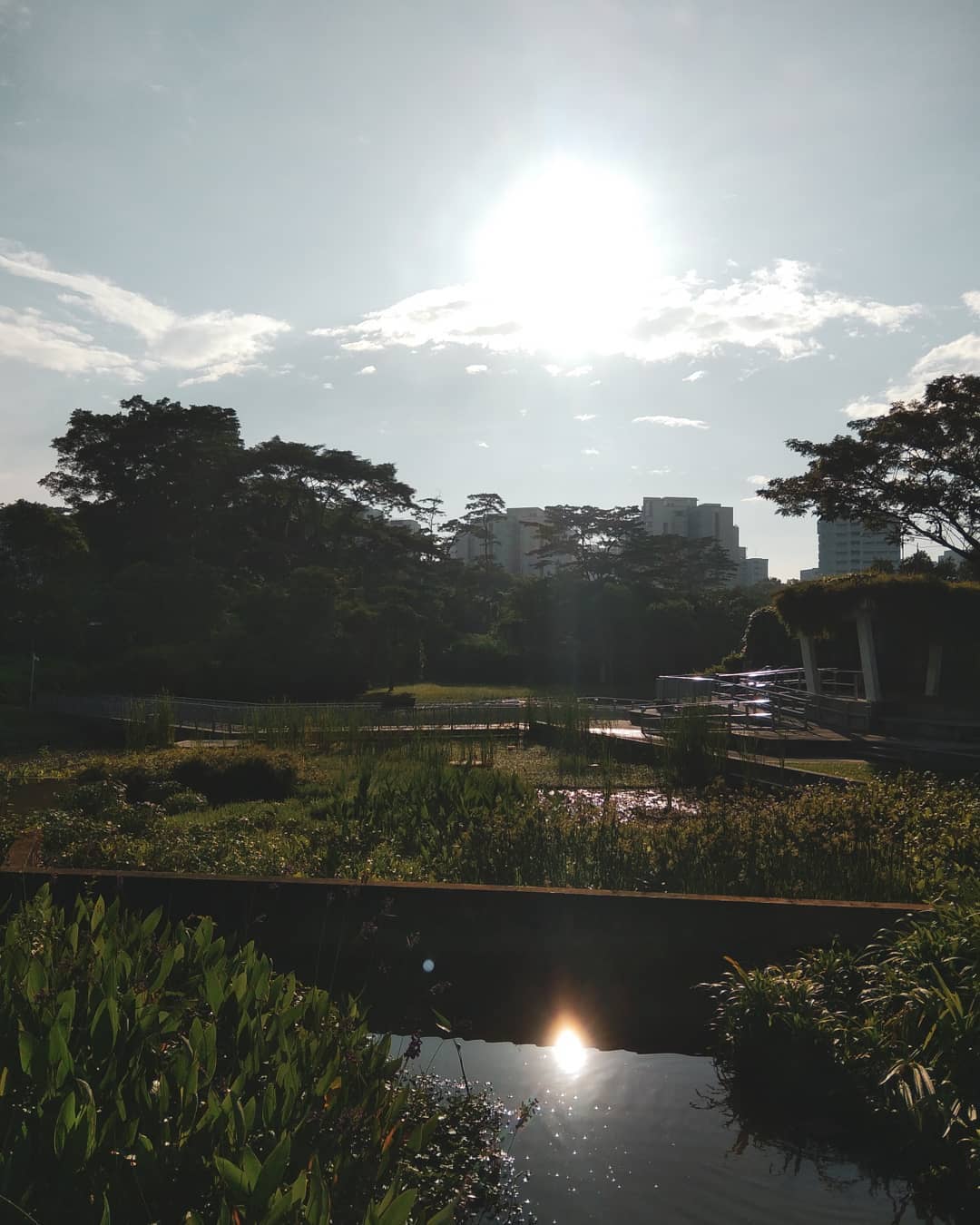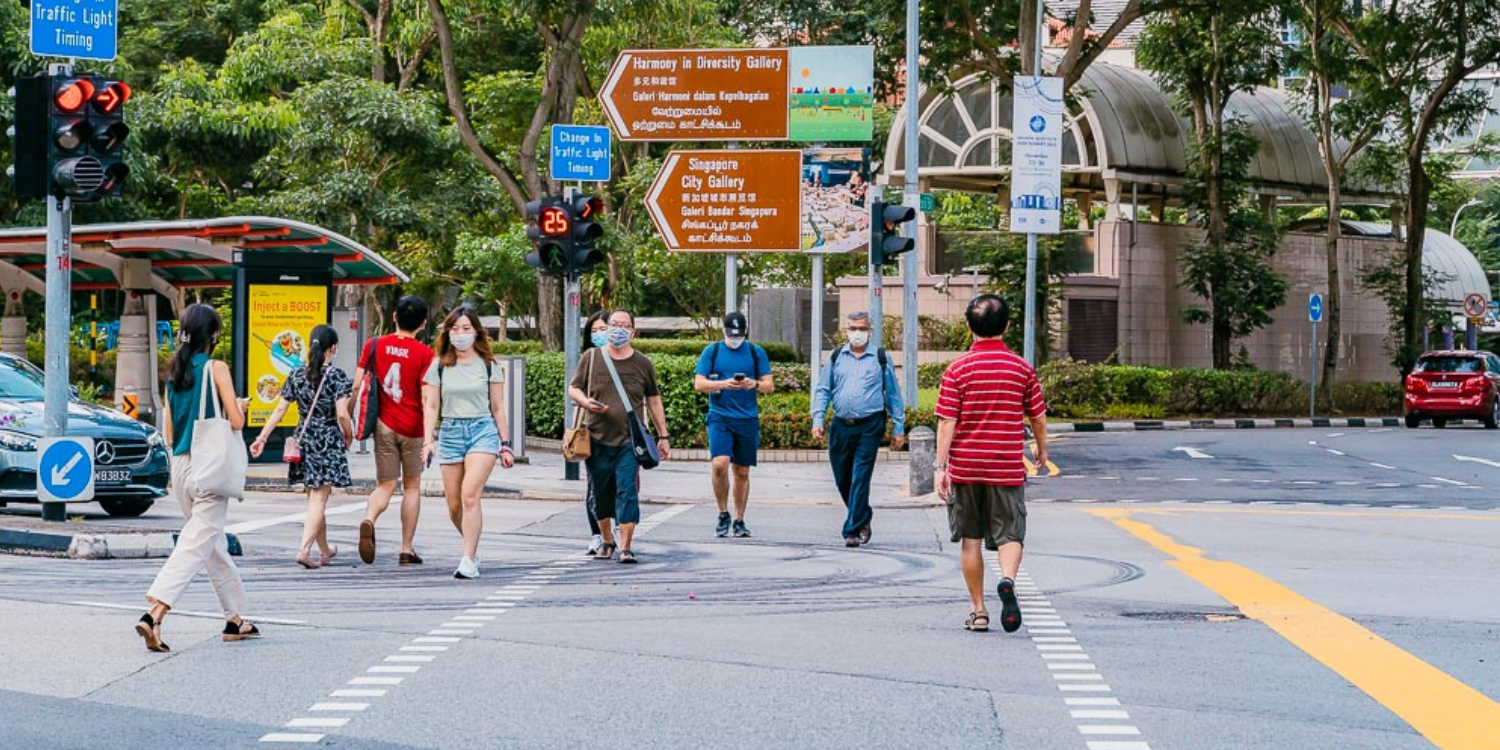Singaporeans Who Have Not Caught Covid-19 Share Their Lifestyle Choices & Habits
Covid-19 cases had risen recently following an outbreak of new Omicron variants. The virus’ increasing transmissibility means that it’s becoming more common to have had the coronavirus than not.
Although community restrictions are easing, allowing for more social gatherings and working from the office, there are a sizable amount of people – about 40% – who have managed to avoid contracting the virus so far.
MS News has managed to find eight of these people across different age groups and genders. We asked them about their general lifestyle, habits, and social lives to see if there’s something particular that has helped to prevent them from getting Covid-19.
While the pool of respondents is not representative of the entire population, we did find some commonalities among them.
Read on to find out how they’ve steered clear of the virus that has seemed to infect so many of us.
Daily habits only require them to stay at home, largely safe from Covid-19
Normally, Neha Gupta takes a shower after she returns home from an outing or work, and has a meal with friends at a restaurant about once every two weeks. Only the 23-year-old’s dad and sister have caught Covid-19 so far and Neha pointed out that her sister is “a lot more social” than she is, as the latter goes out thrice a week.
Nevertheless, Neha, who is a business analyst, isn’t very sure why she hasn’t had Covid-19 yet despite living in a small household that made isolation nearly impossible.
29-year-old financial advisor Ryan Yen, meanwhile, like some others we interviewed, has the propensity to stay at home. He told MS News,
I tend to stay home more because of my personality, whereby I enjoy being alone watching shows and playing games, so maybe I have less exposure compared to people who go out in groups every day.
He also tries to maintain his hygiene by washing his hands often, not touching public objects unnecessarily, and avoiding sharing food if possible.

Source: Claudio Schwarz on Unsplash
That said, he does visit a bar or hang out with friends at home at least once a week. However, he avoids clubs, which could help reduce exposure as well.
Work partly keeps Covid-19 away
Due to her job and hobbies, May, an editor, is very much a homebody. She works at the office around three times a week but avoids socialising with colleagues there.
“I’m usually very busy, so whether consciously or not, I keep social interactions to a minimum at work,” she said. Though she has meals or watches movies with friends once or twice a week, these tend to be small gatherings. She spends the rest of her time at home.
In May, due to work, I spent two weeks straight at home without going out.
Luckily, staying home is something May very much prefers, so it’s not a huge change in lifestyle for her. Both her brothers who go out far more often have caught Covid-19. Despite this, she’s managed to avoid the virus by isolating herself at home and using a separate shower and toilet from them.
Similarly, 29-year-old tutor Vin Nee likes to stay at home, even turning down invites to social gatherings. “I’m convinced social gatherings are how Covid-19 spreads,” she quipped.
Vin Nee also takes extra precautions like wearing a mask everywhere, even while she’s giving tuition. She additionally avoided common areas of her home when both her parents were infected.
I avoided them like the plague, literally.
If she does go out for social gatherings, Vin Nee prefers if the venue is someone’s house, and goes only once every three to five months. It’s fine for her as she professed that going out isn’t something she enjoys very much anyway.
Avoid large crowds & popular venues
Homemaker Lisa, 62, used to visit the Kwan Im Thong Hood Cho Temple thrice a year for the Goddess of Mercy’s birthdays before the pandemic. But when the temple reopened earlier this year, she decided not to visit due to the sizable crowd.
She goes out once or twice a week for groceries and other miscellaneous shopping and does not attend social gatherings. Lisa spends the rest of her time at home, though her son and husband both caught the virus at around the same time earlier this year.
Though she can perhaps count herself lucky for remaining Covid-19-free despite being a close contact, Lisa hasn’t been able to visit the Waterloo Street temple as much as she used to.
As for couple Stuart and Abigail, who are in their 60s and 50s respectively, they head out regularly but avoid large crowds and stick to outdoor places such as nature trails for hikes. They sometimes join groups for these hikes, but the outdoor environment means there’s a lower chance of infection.

Source: @imiaowgination on Instagram
While most folks who’ve been clear of Covid-19 seem to have rather chill habits, others who are more vulnerable might not enjoy the same privilege.
55-year-old Syafiqah, who’s immunocompromised, has to adhere to a strict routine.
“I follow a routine of taking medication every morning and at night,” Ms Syafiqah, who’s an education officer, told MS News. She also tries to eat accordingly and set aside time for her to unwind every night and on weekends.
These activities are solitary ones, which include:
- reading
- watching TV
- playing games
Even at work, thankfully, gatherings rarely include mask-off activities like eating. When she does have to interact closely with others, Ms Syafiqah tries to do so with the same group as much as possible.
She also makes it a point to keep a safe distance from others in public, which has likely helped to keep Covid-19 at bay.
Adopt safe habits to protect yourself from Covid-19
Not everyone who enjoys staying at home will be as lucky as these Singaporeans who haven’t caught Covid-19, of course. I, for one, caught the virus from a family member this year despite only going out perhaps once a week.
But if there’s something we’ve observed, it’s that introverts naturally find it easier to avoid crowds and social gatherings.
With life almost back to normal, it seems inevitable that many of us will be infected at some point. But there are certainly some ways to minimise that risk if you’re worried about passing it on to a family member, for example. And it looks like keeping your social interactions to a minimum does go a long way.
Of course, that doesn’t mean evading work or social settings where your presence is dearly needed. Take precautions as necessary, according to what fits your lifestyle best. Most importantly, always practise good personal hygiene and stay home if you’re unwell.
Have news you must share? Get in touch with us via email at news@mustsharenews.com.
Featured image by MS News.

Drop us your email so you won't miss the latest news.









